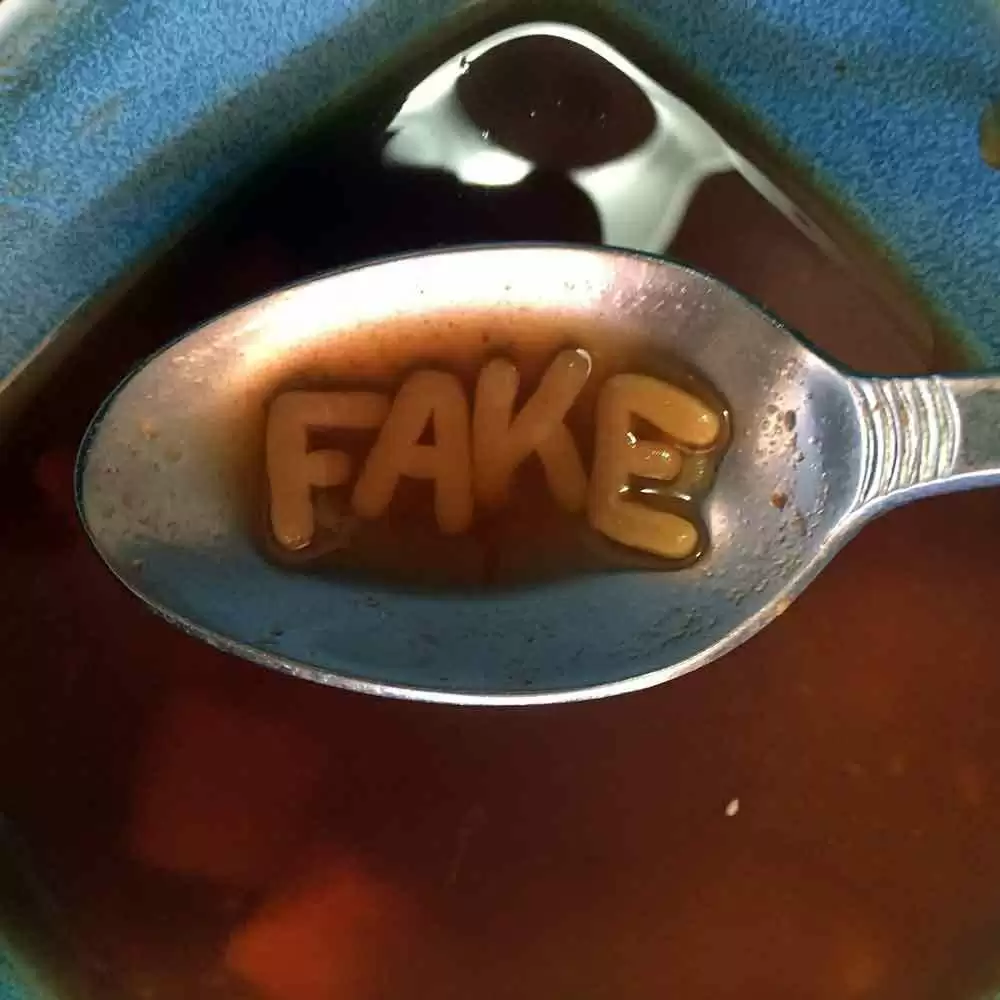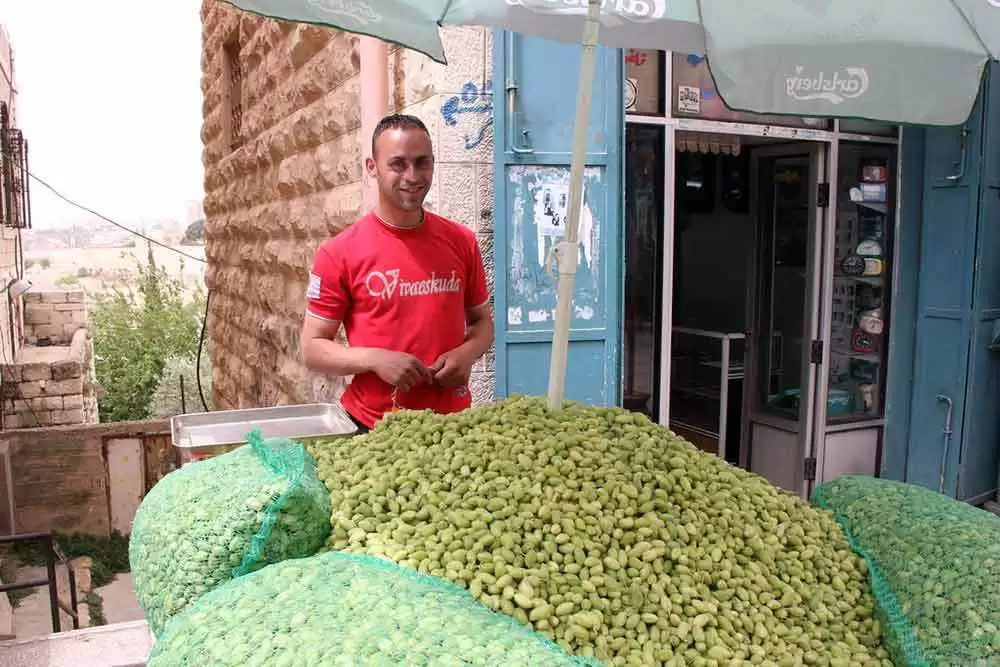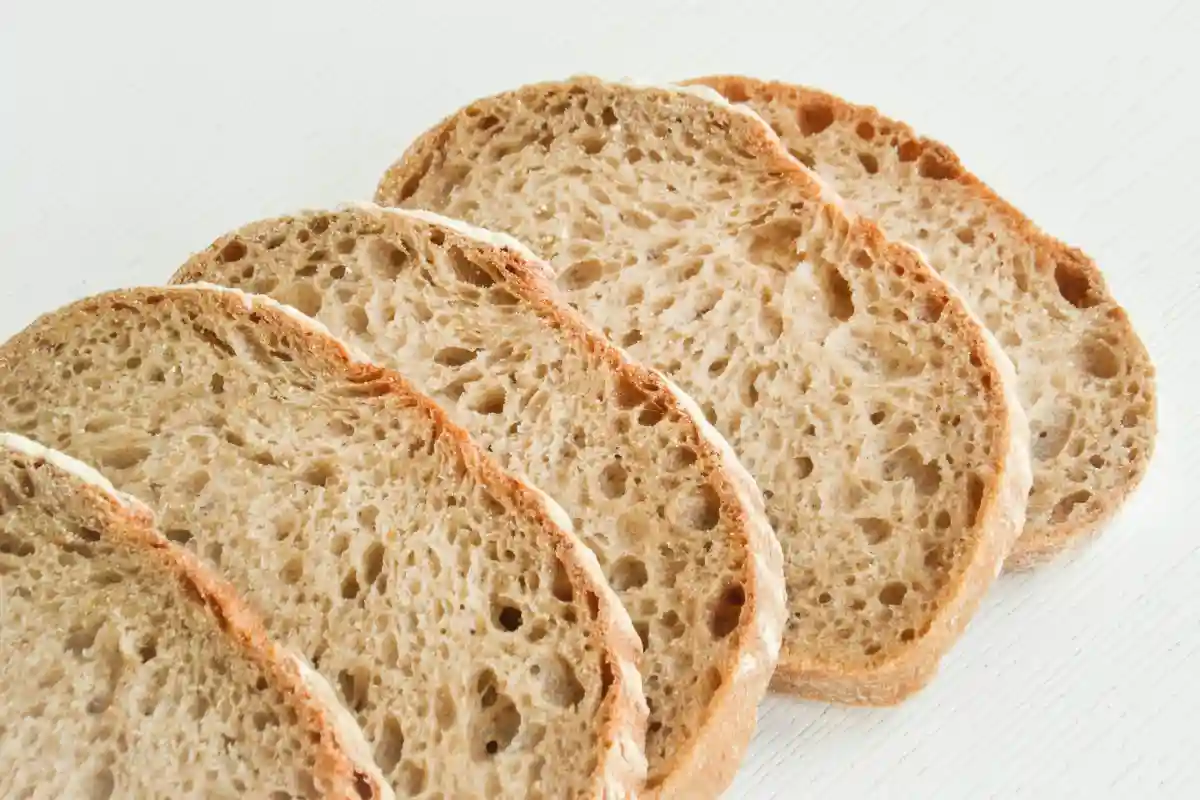Celiac.com 05/22/2024 - A breakthrough in gluten-free technology promises to revolutionize the world of baked goods for individuals with celiac disease. An Edinburgh-based startup has unveiled a pioneering enzyme technology that could transform gluten-free products, such as bread, to taste and feel like the real thing.
Lead scientist Austin Burroughs, along with co-founders Ioannis Stasinopolous and Niki Christopoulou, are at the forefront of this innovation. Their research focuses on degrading gliadin, the protein in gluten responsible for triggering reactions in those with celiac disease, while preserving the harmless components that contribute to the taste and texture of traditional wheat-based goods.
Celiac.com Sponsor (A12):
Prozymi Biolabs, the biotechnology firm behind this groundbreaking technology, is testing the enzyme on various baked goods, aiming to create gluten-safe alternatives without compromising on sensory experience. By deactivating gliadin, the products remain safe for consumption by individuals with gluten intolerance.
The implications of this discovery extend beyond baked goods, with potential applications in pharmaceuticals, beverages, and even pet food. Moreover, the use of locally sourced ingredients could significantly reduce the carbon footprint associated with gluten-free substitutes.
The startup's efforts have garnered recognition and support, receiving funding from the Scottish EDGE Awards and Innovate UK bio-based manufacturing Launchpad competition. Dr. Stasinopoulos expressed excitement about the technology's potential impact, citing the opportunity to explore gluten-safe beer and high-quality supplements for celiacs.
With tailored support from the Biotech Innovators program and collaborations with industry experts, Prozymi Biolabs is poised to lead the way in creating healthier and more sustainable food options for individuals with celiac disease. This advancement not only addresses the challenges of existing gluten-free products but also underscores the adaptability of enzyme technology across various sectors, paving the way for a healthier and more inclusive bioeconomy.
Read more at news.stv.tv












Recommended Comments
Create an account or sign in to comment
You need to be a member in order to leave a comment
Create an account
Sign up for a new account in our community. It's easy!
Register a new accountSign in
Already have an account? Sign in here.
Sign In Now